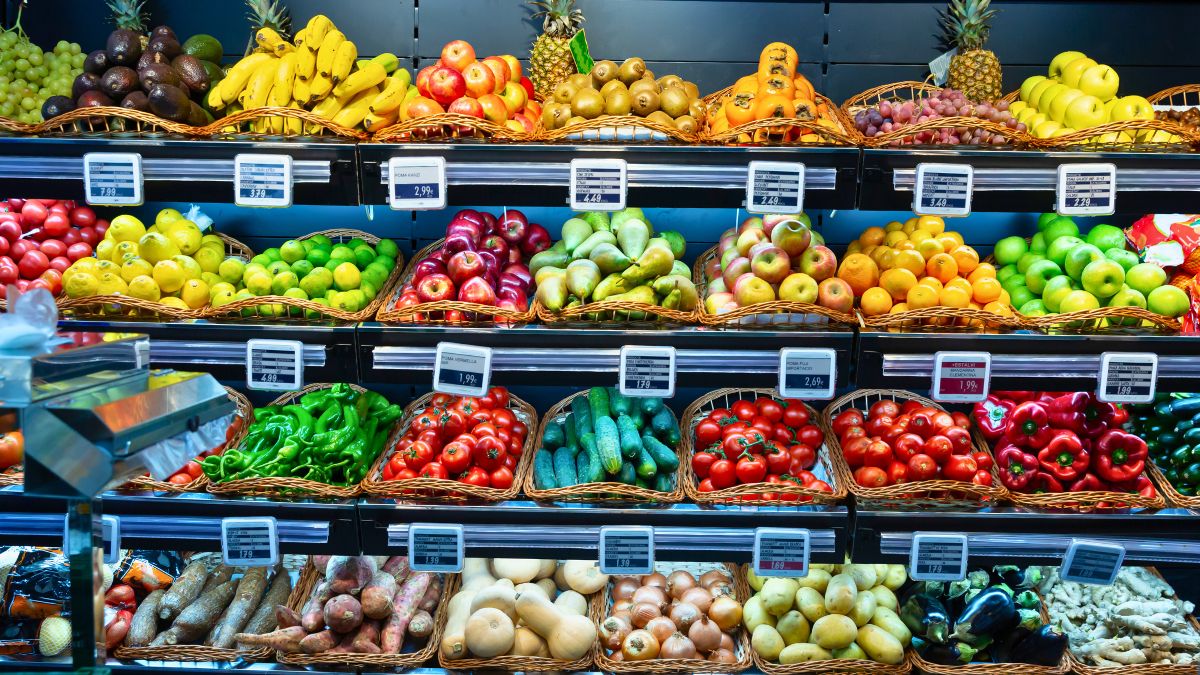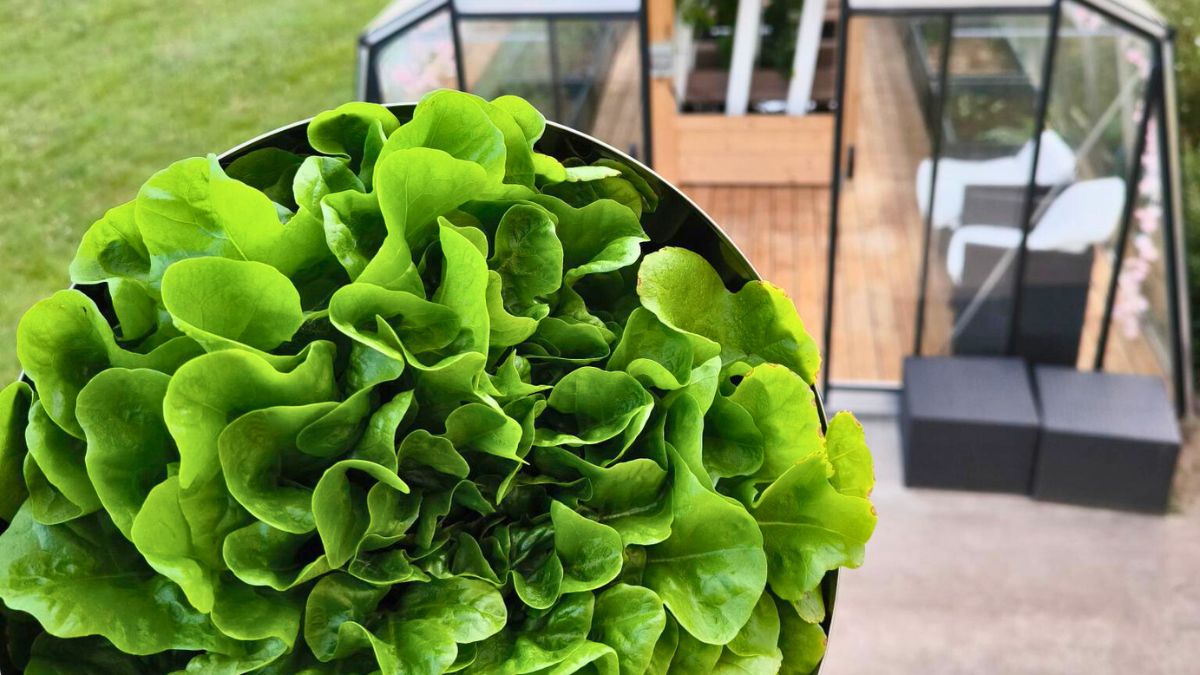What if going to the supermarket was no longer a trivial act, but a gesture with serious consequences?
The struggles of farmers, contaminated food, chronic diseases, ecological collapse… These aren’t isolated problems. They are all consequences of the same system: mass market retail.
This system, built on the pursuit of profit at all costs, pulls the strings of a large-scale economy that crushes nature, farmers… and our health.
But we have tremendous power: to change the way we consume and to grow part of our own food.

Today, more than 70% of fruits and vegetables purchased by households come from mass retailers. According to the 2024 report by the Price and Margin Observatory, mass retail captures on average 50% of the final price paid by consumers, through gross margins often disconnected from what producers actually receive.
Take one striking example: in 2023, the average price of a fruit basket rose by 6%, while shipping costs only increased by 4%. This gap is largely due to rising retail margins, with distributors taking advantage of inflation to boost profits.
Mass retail forces down purchase prices, pushing farmers to produce at a loss. The result? A wave of bankruptcies, young people turning away from farming, and a local agriculture that’s dying out…
Ultra-processed, packed with additives, shipped across thousands of kilometres… supermarket products are often stripped of nutritional value. But the issue goes beyond labels: even supposedly “fresh” fruit and vegetables can be contaminated.
In 2024, a worrying investigation revealed the presence of PFAS (forever chemicals) in many food products, including fruit and vegetables grown in Europe. These virtually indestructible substances have been linked to cancers, hormonal disorders, and fertility problems.
Yet the major retail chains continue to sell these products, with no transparency or clear labelling requirements for consumers.
Even what “looks healthy” on the shelf may no longer be. And our health pays the price for a system that prioritises productivity over quality.
Mass retail is built on a model that deeply damages ecosystems: monoculture, waste, single-use plastic, and the overconsumption of animal products from intensive farming.
And the carbon footprint? Just as alarming. 98% of Carrefour’s emissions are indirect—linked to its suppliers, most of them in agriculture.
Meanwhile, thousands of small producers—often more sustainable—are disappearing, unable to meet the absurd demands of central purchasing offices.

Faced with this model that is destroying our countryside, impoverishing our farmers, polluting our environment, and endangering our health, there is a simple and radical solution: take back control of your food.
That means relocalising production, supporting short supply chains, and above all, growing food at home- even without being a gardening expert.
And that’s precisely what Myfood offers: innovative, easy-to-use greenhouses designed to let you grow up to 400 kg of fruit and vegetables per year, right at home.
You don’t need to be a gardener or own a large plot of land—the greenhouse does the work for you. Every tomato, every lettuce grown at home is one euro no longer fuelling a destructive system. It’s an act of independence, of common sense… and of resilience.
To grow is to resist. To cultivate is to break free.